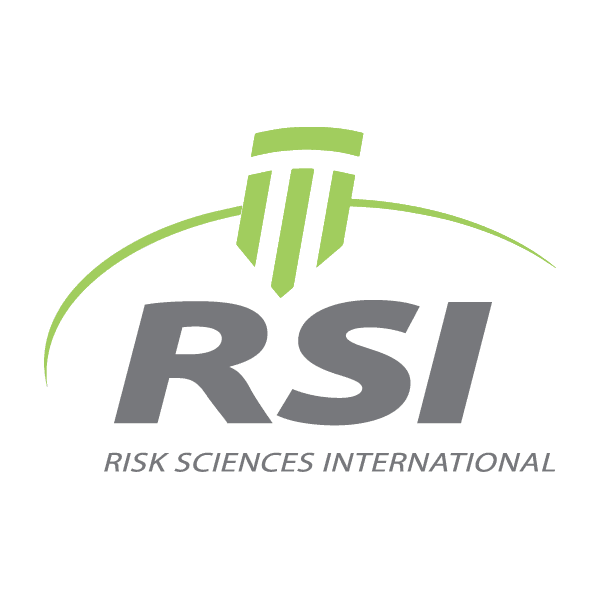Emissions from industrial processes, transportation, energy production, and agriculture are among the most significant contributors to environmental and health risks globally. Airborne pollutants such as particulate matter, nitrogen oxides, sulfur dioxide, greenhouse gases, and volatile organic compounds contribute to respiratory disease, cardiovascular illness, climate change, and ecosystem degradation.
Managing emissions requires balancing economic development with environmental and public health protection. Governments set emissions standards and reporting requirements, industries invest in pollution control technologies, and communities advocate for cleaner air and climate action. The challenges are compounded by transboundary pollution, disparities in exposure, and the accelerating urgency of reducing greenhouse gases to mitigate climate change.
Risk sciences bring structure and clarity to emissions management. Exposure assessments, health impact modeling, and life-cycle analyses provide evidence for setting effective policies and identifying priority interventions. Scenario modeling helps explore trade-offs between economic growth and environmental goals, while risk communication ensures that stakeholders understand both the urgency and the practical pathways forward.
RSI is committed to supporting emissions management, bringing expertise and experience to help decision-makers design effective, evidence-based solutions.

